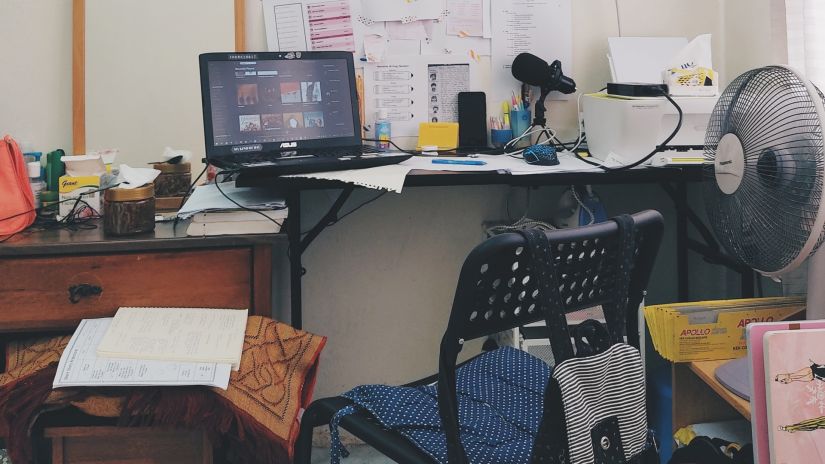Why It’s Hard to Get Rid of Clutter and What You Can Do About It
Letting go of things we don’t need is tough. The simplest object may bring back so many emotions that getting rid of it seems impossible.
So, when it’s time to clean up a cluttered home or office, we quickly feel emotionally drained and anxious.
The problem is that unless we periodically declutter, we end up with more and more stuff we no longer need taking up space.
The New York Times covered this topic well in their article, The Unbearable Heaviness of Clutter. A cluttered space adds to stress and makes it difficult to enjoy one’s home.
To rid your home of things you don’t need, it helps to understand why you’re holding onto them. We’ll cover two common reasons and some ways to change your mindset.
Sentimental Value
We attach emotional value to our things and their associated memories. That t-shirt you got at a concert in college may remind you of a happy point in your life or the best friend you went with. The old ukulele you got as a gift and used to play, but now never do because you have other interests, might remind you of the person who gave it to you.
Sentimental value is powerful. While there are some irreplaceable items you should keep, like baby books, there are plenty of others you can let go of.
Money Spent
So, you spent a bunch of money on that video game station that no one in your home uses, or on that ukulele, or on those paints. You realize it makes little sense to keep them, but you feel you should get your money’s worth.
There’s a concept in business called the “sunk cost fallacy.” It’s when a person or business dedicates themselves to keeping or using an item that they don’t need. Maybe the business spent $100,000 on a manufacturing process, but the next year, they found a better way to make the same product for cheaper.
It no longer makes sense to use the $100,000 equipment, but if the CEO succumbs to the sunk cost fallacy and says, “We paid for it, so we need to use it!” that may cost the company more money from now on.
The same goes for an individual using something they no longer enjoy or keeping something they will not use. It will waste time and take up space in the future. Realize that everything you own has a sunk cost and decide if it makes sense for you to use and keep it going forward.
Value the Memories
Often it’s not the thing that’s important, but the memory it evokes. Instead of keeping that old table that belonged to your grandfather, you can take a digital photograph of it and write a few sentences about what it meant to you. Save pictures of it and other things that you’re letting go of and look at them now and then.
Or, you can keep parts of things in a memory box. This can be the size of a shoe box up to the size of an ottoman. Cut some of the cloth from that memorable college tee-shirt and put it in your memory box. Put the concert tickets in there, too. Go through the box every once in a while. Some things may not seem important to you later and you can throw them away while keeping the items that bring back pleasant memories.
We hope these suggestions serve you well every time you declutter. If you still have more in your home than you’d like, it may be stuff you need, or that you should keep. Consider renting a self storage unit, which will give you room to keep your off-season wardrobe, sports equipment, and more.
This will help you keep your home decluttered and allow you to set aside things you need, but that you just don’t need right now.
What You Can Do With Clutter
Now, we come to what you can do with that old stuff to get rid of it. These are the practical solutions.
The best three things you can do are: sell, donate, or recycle items. As a last resort, throw things you no longer need away.
Sell things you think there’s a good chance someone will want to buy. Also, realize you will not get the full amount you paid for the item. OfferUp, Craigslist, eBay, and Facebook are all excellent platforms you can use to sell stuff.
If you think something won’t sell, but it’s in gently used condition and someone might still want, donate it.
Selling and donating old stuff is about making someone else happy. When you sell, you get to see this firsthand when a customer buys something from you they’ve been wanting, and they get to do so at a great price. Knowing you made someone else happy is often enough.
If you have something out of date or that you don’t think you can sell or donate, recycle it if you can. You can recycle old papers, electronics, and old metal items. You might even get a little money back from the recycling center.




